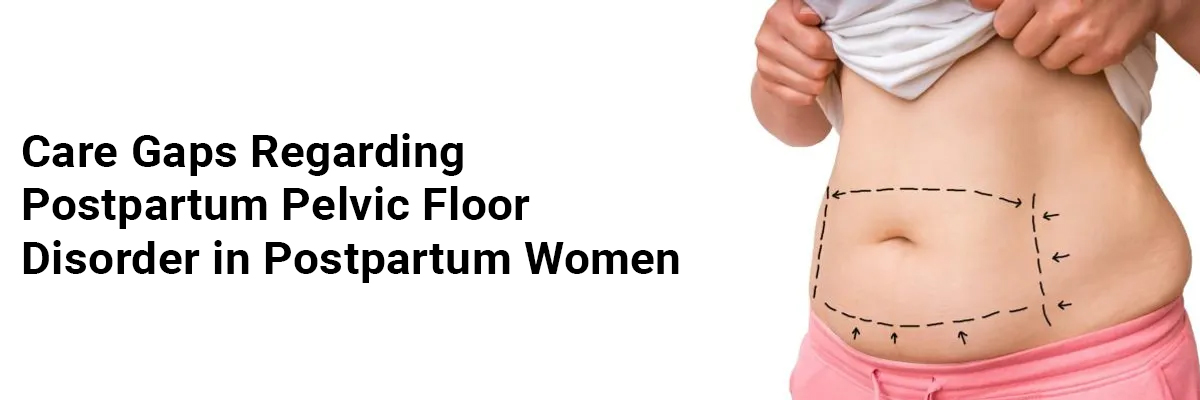
Care Gaps Regarding Postpartum Pelvic Floor Disorder in Postpartum Women
Pelvic floor disorders (PFD) affect approximately 40% of women after childbirth, yet little is known about the intervention and care needs for those with postpartum PFD.
The goal of a recent study was to assess the care needs and self-initiated measures to strengthen the pelvic floor in postpartum women – particularly focusing on incontinence and sexual dysfunction. Additionally, factors influencing self-initiated measures were evaluated.
This study entailed an anonymous online survey––conducted from September to October 2022 and distributed through social media platforms. The survey targeted mothers with and without pelvic floor disorders – up to 5 years postpartum. Validated instruments assessed incontinence (ICIQ-SF) and sexual functioning (PISQ-IR: Condition Impact). Questions regarding the use of services, preventive measures, and interactions with gynecologists were based on self-developed items.
The results showed that 49.4% of participants had urinary incontinence (UI)symptoms. However, only 40.3% of women suffering from PFD were asked by their gynecologists about the occurrence of UI or PFD. Overall, 79.3% of participants with UI engaged in measures to address their symptoms. The ICIQ-SF score was significantly associated with all self-initiated measures. On note, women with high school diplomas and academic degrees were more likely to use love balls.
The study highlights the unmet needs of postpartum women regarding PFD. PFD should be more frequently addressed in outpatient settings. Providing systematic information about PFD treatment could help meet these issues and improve interventions.
The findings demonstrate the significant communication and patient awareness gaps for postpartum women with PFD and their proactive measures to manage symptoms. Consequently, increasing the frequency of addressing postpartum PFD in outpatient care and offering more systematic information about treatment options could significantly enhance care and interventions for these women.
Source: Thangarajah F, Soff J, Lenz C, et al. Archives of Gynecology and Obstetrics. 2024Apr;309(4):1467-73.















Please login to comment on this article